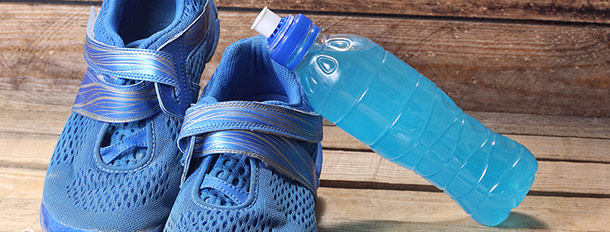
With IBISWorld predicting that sports drink sales are set for longer-term growth, public health group the Obesity Policy Coalition warned that proposed changes to food regulations could allow popular sports drinks with nearly as much sugar as soft drink to carry health claims, and mislead the public into thinking they were healthier choices than water.
Australia’s new Health Claims Standard may bring with it new opportunities for functional beverage suppliers, but also more public health campaigns against health claims and promotion of sports and functional beverages.
However, the Australian Beverages Council’s Geoff Parker’s view is that there are thousands of studies that clearly outlined the benefits of hydration using sports drinks.
He said manufacturers wanted to tap into internationally recognized research to go to the next level of detail about the functional benefits of sports drinks.
IBISWorld research forecast that sports drinks are expected to decline by 0.2% over 2103-14, before increasing by 6.0% in the five years through 2018-19, to reach $458.0 million, helped by being marketed as having the ability to improve physical performance and aid rehydration through the presence of electrolytes.
According to IBISWorld, functional beverage industry revenue increased by an estimated 2.5% in 2013-14 to reach $1.1 billion, and will continue in the five years through 2018-19, with revenue growing by 11.4% to 1.3 billion.
Over the past five years, energy drinks have grown their share of Functional Beverages from just over 30% in 2008-09 to 39.6% in 2013-14.
The public consultation is open until 30 September. Any interested parties can make a submission to FSANZ by emailing

